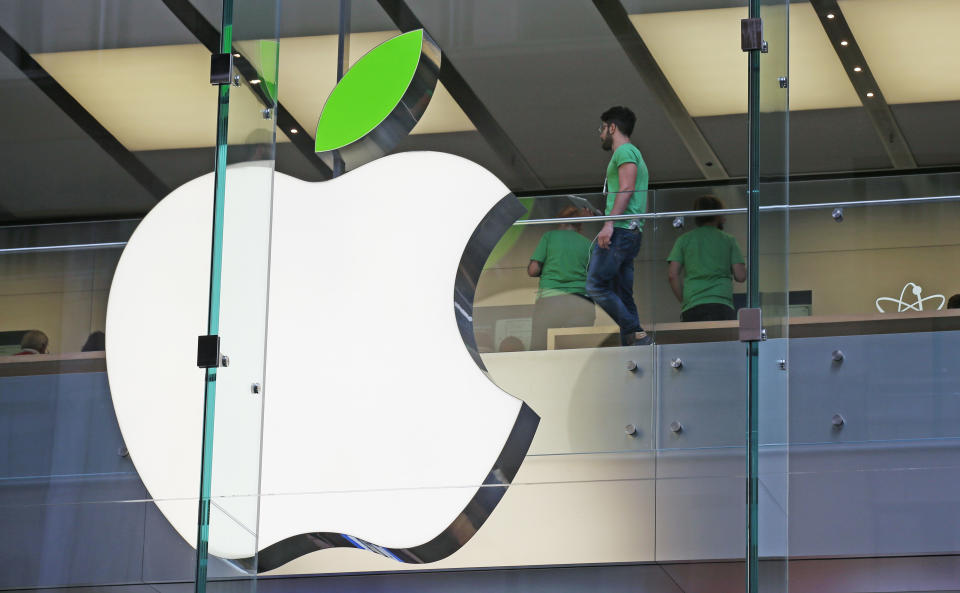FDA details 2013 meeting with Apple

Several Apple watchers are suggesting that the company's next product will be a wearable. When it was revealed a few months ago that a group of senior Apple executives -- including Bud Tribble and Jeff Williams -- had met with FDA officials in December 2013, their beliefs were reinforced further.
Typically, what happens in a closed Apple meeting remains forever secret. But with the FDA involved, there's only so much Apple can keep hidden away. The folks at Apple Toolbox filed a freedom of information (FOI) request seeking specific details regarding the topics discussed and the overall framework of the meeting.
Three months later, Apple Toolbox received a response from the FDA detailing the major talking points of the discussion. Of particular interest is a tidbit regarding Apple's interest in sensor technologies.
Apple sees mobile technology platforms as an opportunity for people to learn more about themselves. With the potential for more sensors on mobile devices, Apple believes there is the opportunity to do more with devices, and that there may be a moral obligation to do more.
Sensors already exist on medical devices. For instance, Apple's devices have cameras and accelerometers. There is still an opportunity to innovate, but Apple wants to make sure they are on the side of the FDA.
It's worth pointing out that over the past 18-24 months, Apple has hired a deep team of folks with considerable biometric and sensor technology expertise.
The response furnished to Apple Toolbox further lays out a dialogue between the FDA and Apple concerning how the FDA would regulate sensor technologies. The FDA, in this regard, articulates that sensors that merely measure particular data points may not be subject to such regulation. The rules quickly change, however, when sensors are employed not just to inform but to provide diagnostic information. In other words, the underlying use of a particular sensor is what ultimately matters.
Using the glucometer example, the glucometer may be unregulated if the intent is for a user to follow their blood sugar for the purposes of better nutrition. If the glucometer is marketed for diabetics, however, it would more likely be regulated as a medical device. FDA looks at how devices are actually used. If the manufacturer advertises the device for an unapproved use of FDA sees a lot of off-label use that is potentially dangerous, FDA may regulate after the fact.
Today there are third party peripherals for iOS capable of measuring a user's glucose levels. One shouldn't infer that the mere mention of a glucometer at the FDA meeting means Apple will introduce similar technology. Some have suggested that an "iWatch" could measure a user's gluclose levels, but that's highly unlikely. Such functionality would be a technological and medical breakthrough of the highest order. Non-invasive continuous glucose monitoring (CGM) remains a nut that numerous biotech companies have never been able to crack. To expect such functionality from a first-generation Apple product is ludicrous.
Indeed, I've heard from an in-the-know source that Apple at one point (pre-2013) hired a few non-invasive glucose monitoring experts only to let them go upon discovering just how monumentally challenging the problem is.
In any event, Apple's meeting with the FDA suggests that Apple is interested in sensor technologies. Coupled with the recent rollout of HealthKit, the Health app, various finds within the iOS 8 SDK, and not to mention Eddy Cue's statements regarding Apple's 2014 product line, this fall might be Apple's most interesting product rollout in quite a while.

